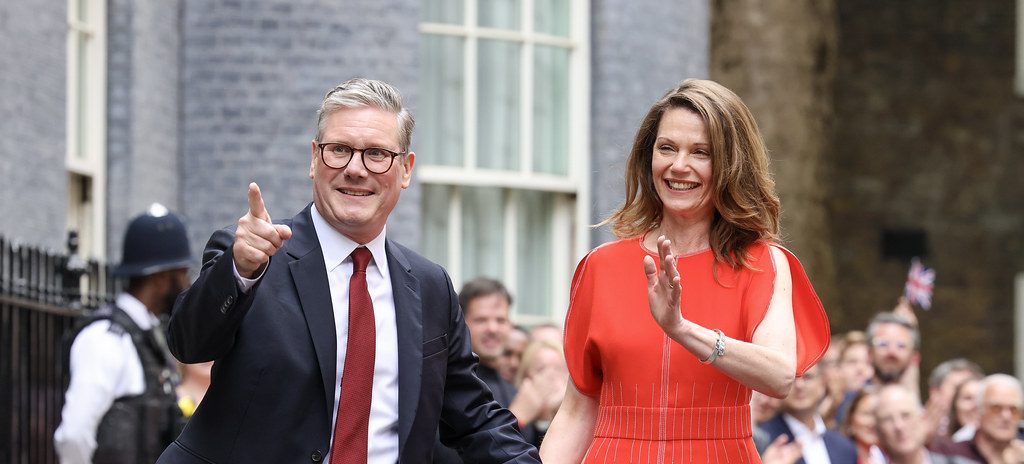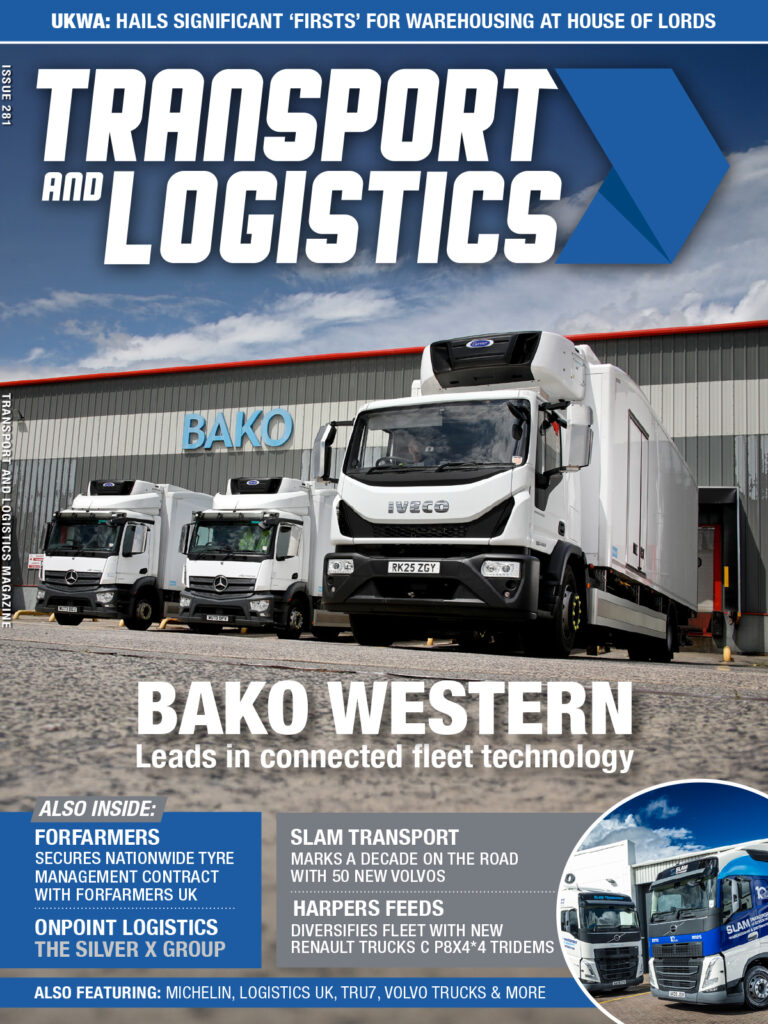Reflecting on what a new government may mean for transport priorities, Ben Foulser, UK Head of Future Mobility for KPMG, writes:
After a short election period the wait is now over and we know who the governing party will be for the next term. This change represents a real inflexion point for transport policy, and the opportunity to accelerate initiatives such as Rail Reform that are desperately needed to address the paralysis that’s characterised the sector for the past few years. With a renewed focus and careful investment, the new government has the opportunity to use transport as a key lever to unlock productivity, make marked progress in decarbonisation, improve quality of life, and facilitate economic growth – by targeting the following ten priority areas:
- National Transport Strategy – despite best intentions of various organisations we remain a modally-focused industry, with roads and rail in particular vying to be the focal points, and too many anecdotal references to “roads good, rail bad” (and vice versa). A well-functioning network needs to be optimised across the modes, driven by a balanced scorecard of sustainability, economic contribution, cost, and inclusivity. Maritime, Aviation, Active Travel, and Micro-mobility are all part of the puzzle (as are both public and private transport) and need to be considered in an integrated, cross-modal National Transport strategy, with policy and funding directed at achieving the optimum balance. This may initially be focused on strategic transport corridors (and leverage work already done by Sub-national Transport Bodies) but should ultimately also provide the framework and principles for place-based strategies. It should also join up with infrastructure and local growth strategies, and harness data – both in its development, and in its execution and monitoring.
- Get on with Rail Reform – picking a path and committing to it. This also includes getting on with things that can be done today without legislative change, notably the Fares, Ticketing, and Retailing (FTR) programme, delivering tangible customer benefit as quickly as possible.
- Revisit the Plan for Drivers – Roads and private vehicles will always have a place in the modal mix but should not be prioritised at the detriment/expense of sustainable mass and active transport.
- Evolve transport appraisal methodologies – recognising that journey time savings are not the only impact that transport has on productivity and that existing methodologies don’t sufficiently take into account the impact of transport in changing land use and enabling housing growth.
- Review the rail investment programme – ensuring that it is both affordable and provides a strategically coherent approach to connectivity in the north and midlands following the cancellation of HS2.
- Refresh the Bus Strategy – The incoming government will inherit a landscape where many local authorities are transitioning to bus franchising, while others are striving to get the best value from Enhanced Partnerships. Additionally, it is expected that there will be new opportunities for authorities in non-MCA areas to franchise services and options for all authorities to establish new municipal bus companies. In some areas, local transport authorities will seek full control of fares, services, and assets, whereas in other areas, the challenge will simply be to find the most cost-effective way for services to run. Regardless of the approach, all authorities will need new funding, increased capacity, and enhanced capabilities to deliver meaningful change. Setting up new municipal bus companies will require careful consideration. The Department for Transport will need to prepare new policies, draft new legislation, and offer guidance to authorities on when municipal operations could be considered and how to be compliant with Competition and Subsidy Control constraints. We’ll also need an end-to-end review of bus subsidies – including the £2 fare cap – with a view to building a new subsidy regime which better reflects the emerging model for the sector across the country.
- Accelerate Jet Zero and the Future of Flight – helping keep the UK at the top table of passenger and logistics hubs globally whilst leading the world in delivering a sustainable aviation sector.
- Progress at pace with Connected and Automated Mobility secondary legislation – enabling our flagship Automated Vehicles Act to deliver real economic benefit across both production (in our automotive and technology industries) and consumption (through end user productivity and safety benefits).
- Get behind electric vehicles – the industry is ready, drivers are ready, and our infrastructure is improving on a daily basis. Uncertainties in changing the time of bans, unwinding the ZEV mandate, and pursuit of other fuel types will only serve to undermine confidence. Government needs to commit to an electrified road fleet and identify where it needs to intervene to deliver this across all vehicle classes.
- Review the role of governance across the transport industry – considering whether current structures and resources provide the right capabilities to design, deliver, operate, and/or manage a fully integrated, decarbonised, multi-modal transport network. This should – at a minimum – consider the roles of Sub-national transport bodies, devolved powers (at a national and city level), solutions for areas that will not have devolution deals (and how Local Transport Settlements might be used), and structures within the Department for Transport and its arms-length bodies.
We’ve a lot to be excited about and it’s in the incoming ministers’ gift to kick-start the transformation of the transport sector in the UK.
Transport & Logistics – Driving The Industry Forward












